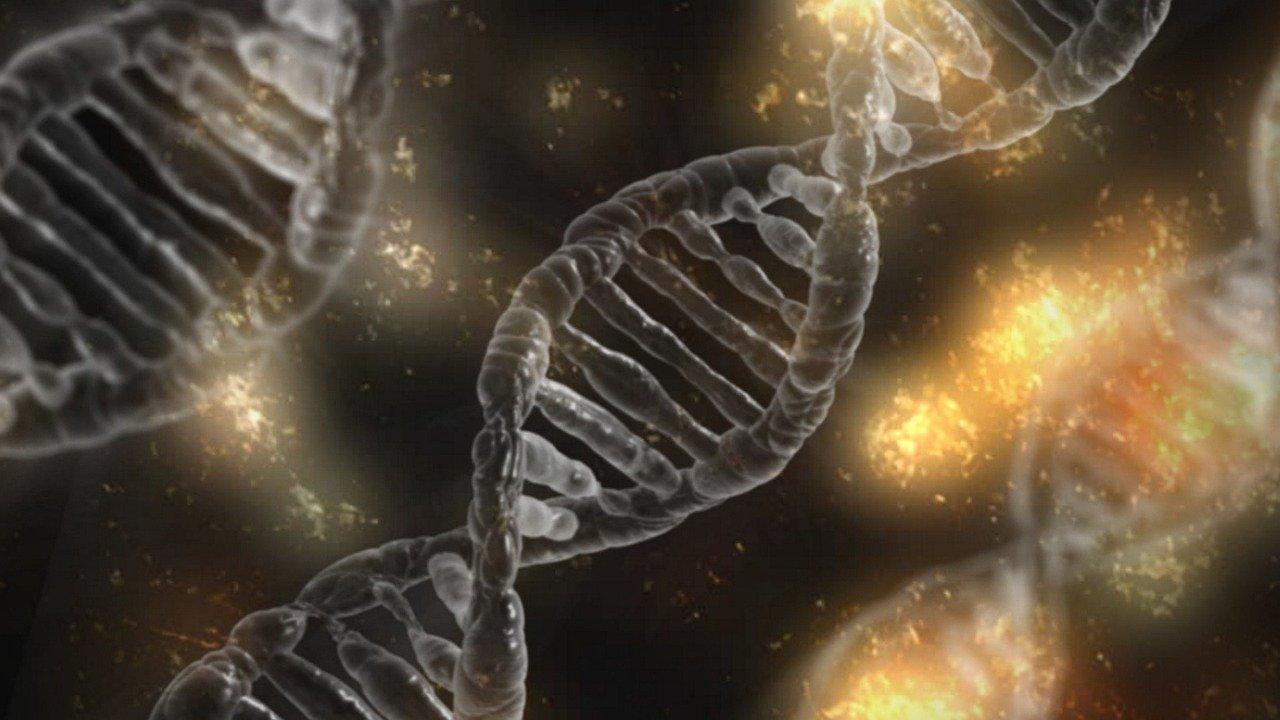Cancer has many contributing factors, one of which is genetics. Some cancers occur repeatedly among family members and relatives, and it’s possible for underlying genetic mutations called variants to be a cause. As of 2017, 5% to 10% of all cancers were found to be caused by genetic variants.
To identify variants that may be responsible, genetic testing is often used. This simple, painless process can help you determine how to manage your treatment or possible risk. Physicians can also benefit, as specific treatment options may be found to be more effective than others if the patient’s genetic status is better understood.
Types of Genetic Tests
There are three basic kinds of genetic tests for cancer risk, all of which entail a blood, skin cell, or saliva sample. These include:
- Single gene testing, which only looks for variants in one gene
- Panel testing, which examines a configuration of genes that may contribute to a certain trait
- Large-scale or genomic testing, which analyzes an individual’s entire genetic structure
Although you experience each of these tests in the same way, each test has unique value in determining your genetic susceptibility to a disease. For example, variants in a single gene test may indicate the presence of diseases like ovarian or pancreatic cancer, while panel tests may look for a number of genetic variants that correspond to breast or colorectal cancer.
Large-scale testing is more useful for patients with complex medical histories, and may uncover information unrelated to the initial diagnosis.
How Can Genetic Testing Help?
Four different results can be obtained from a genetic test, each of which can help you or your family plan out your health decisions more effectively:
Positive
This means you possess the genetic variant for which the test was issued. A positive result doesn’t necessarily mean you have or will have cancer — it just means the genetic variant that contributes to cancer susceptibility is present.
If you have cancer, a positive result will inform you that your cancer may have been caused by family history and can help you understand the best treatment options. For loved ones who have not been diagnosed with cancer, a positive result will inform them of their susceptibility to cancer and help them make decisions on how best to mitigate their risk.
Negative
This means you don’t possess the genetic variant for which the test was issued. A negative result doesn’t necessarily mean you don’t have or won’t get cancer — it only means that the genetic variant under analysis was not present.
If you’ve been diagnosed with cancer, a negative result means that factors other than genetic variants were responsible, such as lifestyle choice or environment. A person who hasn’t been diagnosed with cancer and tests negative for a given genetic variant has as much of a risk of developing cancer as the general population.
Variant of Unknown Significance (VUS)
This result indicates that while some sort of genetic variant is present, it’s unknown how much of an impact that variant has on cancer susceptibility. Some of these variants are later found to be cancer susceptibility contributors, while others were once thought to be contributors and were found not to be. It is therefore necessary to check with your medical professional periodically to ask if any new information has been found.
Benign Variant
This result shows that although a genetic variant is present, it’s not a contributor to cancer susceptibility. If you’ve been diagnosed with cancer, you may use this information to collaborate with your doctors to determine the course of treatment that’s right for you, and family members may gain insight into how best to manage their own cancer susceptibility.
NVSCC: The Cancer Care You Need
Genetic testing may sound intimidating, but it can actually be a simple, effective way to find the best health strategy for you and your loved ones. Oftentimes, genetic counseling is done before any tests are performed to help you understand the process, and the consequences and possible results are thoroughly discussed.
At Nevada Surgery and Cancer Care, we understand that dealing with cancer can be a trying time. Our team of medical experts is here to give you the support and treatment that you and your loved ones deserve, and part of that can be providing the clarity that genetic testing offers.
If you’d like us to help you through this process, contact us today.

